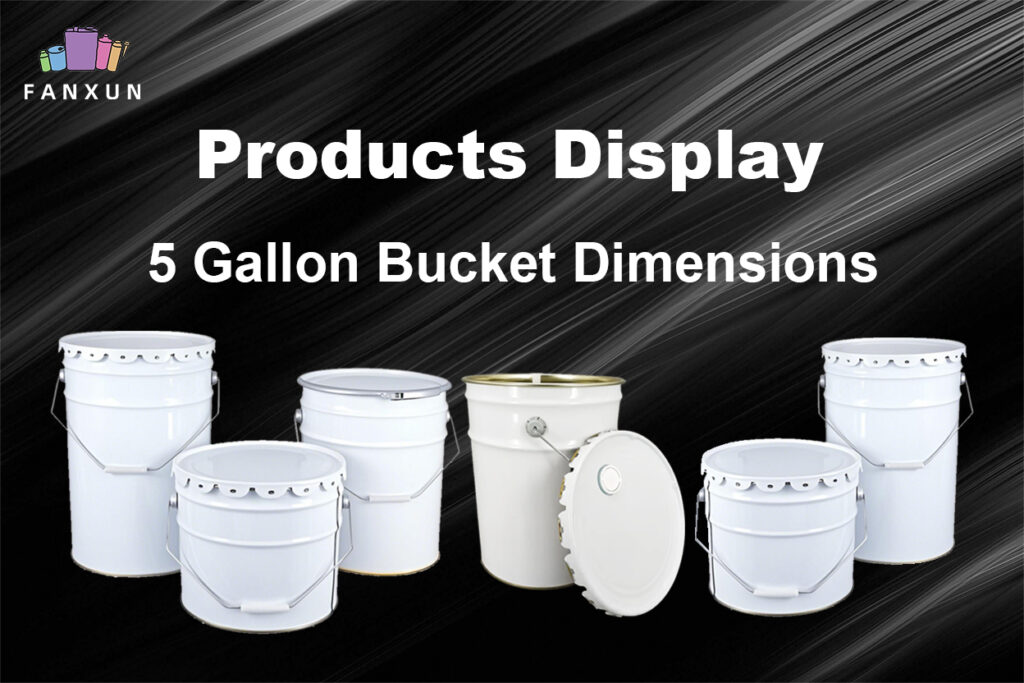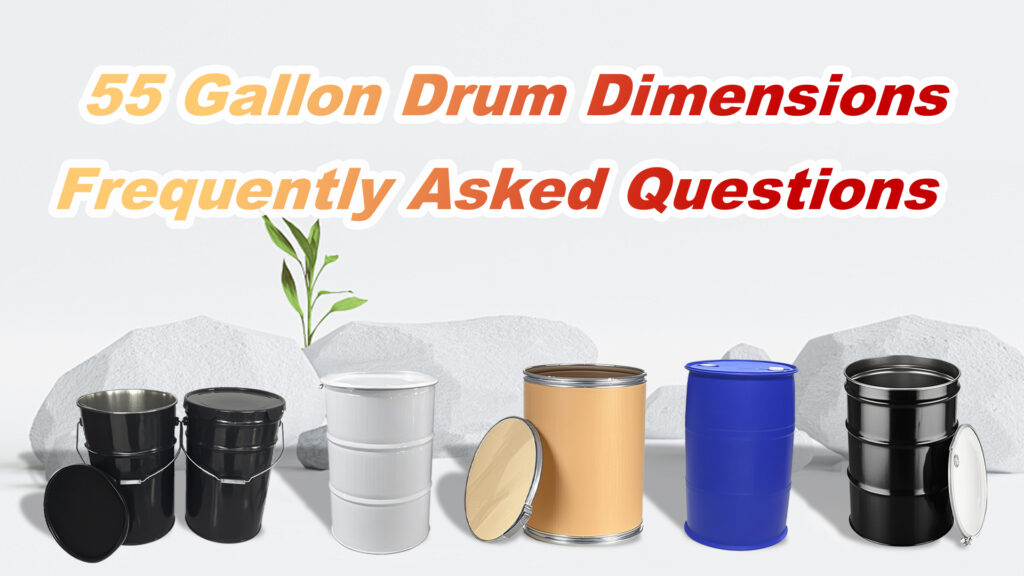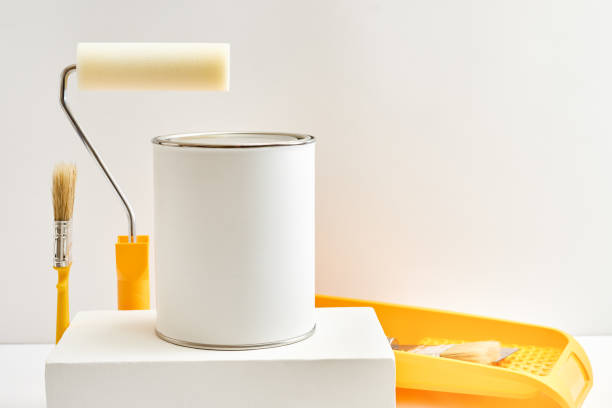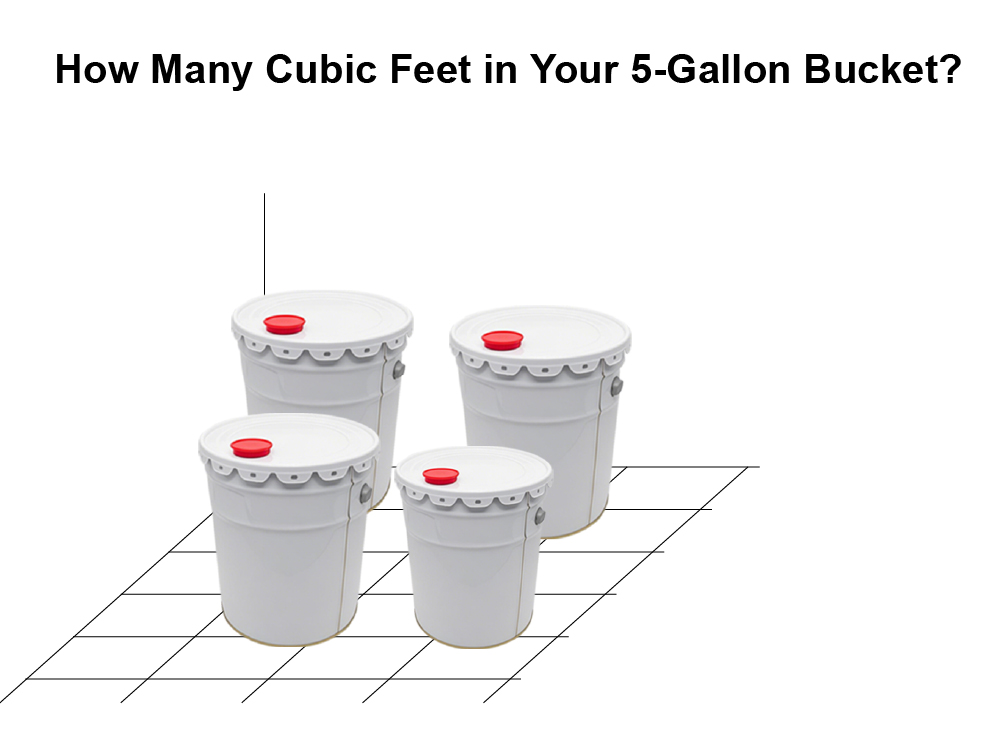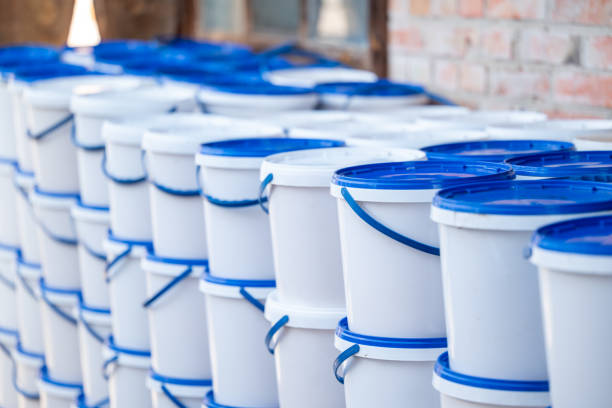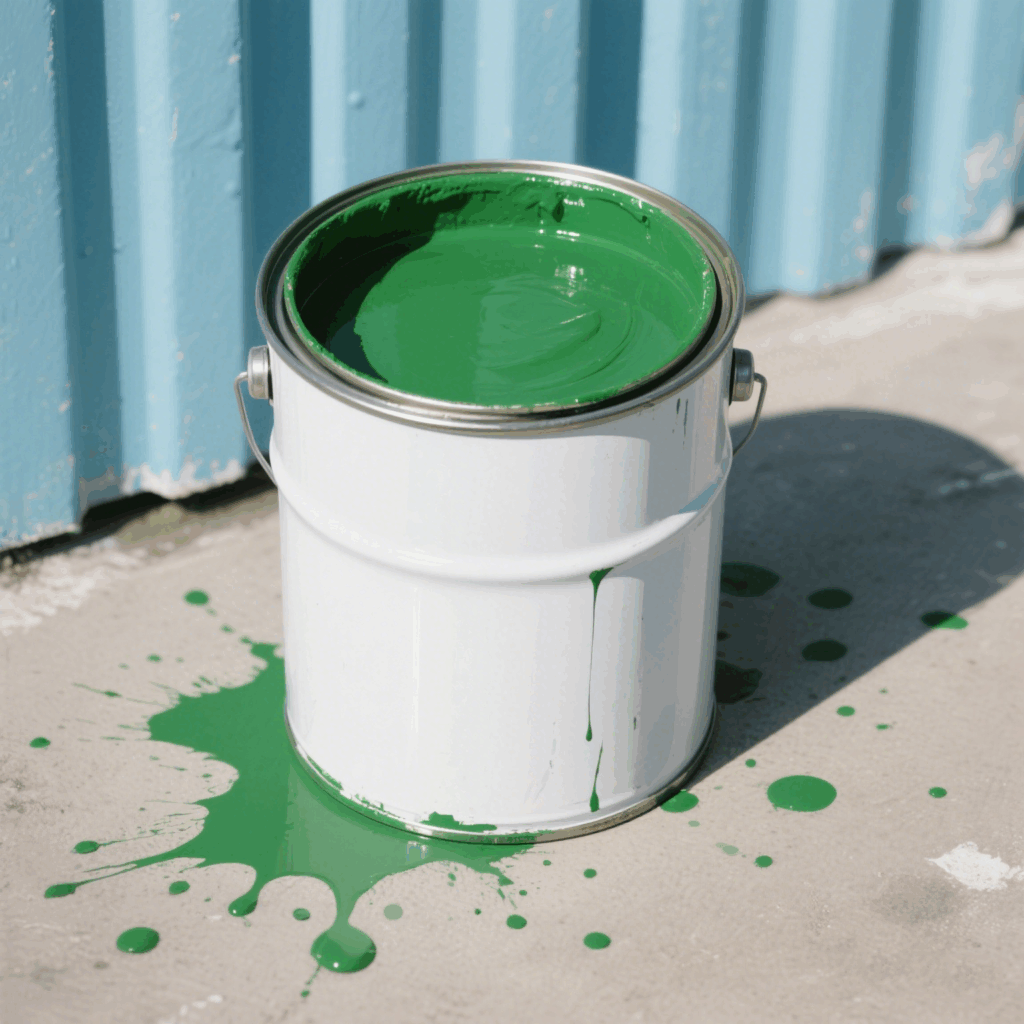Food packaging is an essential aspect of the food industry, ensuring the safety, freshness, and quality of products from production to the consumer. Among the many types of packaging materials available, tin can packaging has been a long-standing choice for a wide variety of foods.
Tin cans not only provide durability and protection but also help extend the shelf life of food items. Bu makalede, we’ll explore the different types of tin cans used in food packaging, the metals commonly used in this packaging, and the most popular food packaging materials in the industry.
Different Types of Tin Cans

Standard Food Tin Cans
- Canned food tins
They are the most commonly recognized form of tin can packaging. They are widely used for preserving various foods such as vegetables, meats, çorbalar, and fish. Using tinplate in these cans ensures that the food inside remains fresh for extended periods while maintaining its nutritional value and flavor.
- Faydalar
The airtight seal of tin can packaging prevents the entry of air, nem, and light, all of which can cause food to spoil. The durability of tin cans also helps prevent physical damage during transportation.
Easy-Open Tin Cans
Conveniently designed for modern consumers, easy-open cans are popular for packaging ready-to-eat meals, canned beans, çorbalar, and other convenience foods. These cans feature a tab that allows consumers to open the can without needing a separate can opener.
- Kullanım
Ideal for quick meals or products where convenience is key. The easy-open mechanism makes it a perfect choice for on-the-go meals and foods that need to be opened frequently.
Beverage Cans
While not typically used for solid foods, tin can packaging also extends to beverage cans, including soft drinks, juices, ve enerji içecekleri. Beverage cans are often made from a combination of tinplate or aluminum.
- Faydalar
These cans are designed to be lightweight yet durable. The material keeps the beverage fresh by protecting it from light and air, and it also helps preserve the flavor of the drink for longer.
Vacuum-Sealed Tin Cans
Vacuum-sealing is a process used for packaging foods that need to be preserved for longer durations.
Canned food tins that are vacuum-sealed, such as those used for coffee, nuts, or high-end canned meats, are designed to maintain freshness by removing air from inside the can.
- Faydalar
The vacuum process prevents oxidation, which is crucial for maintaining the taste, texture, and nutritional content of the food. These cans often come with a high-quality, airtight seal that prevents contamination.
Paint or Aerosol Tin Cans
Although not typically used for food, aerosol cans made from tin are sometimes used for specialized food products such as cooking oils or spray-based products (Örn., olive oil spray). These cans are specially designed with a nozzle that allows for controlled spraying.
- Kullanım
Primarily for oils, cooking sprays, and other specialized food products that require a fine mist or spray.
Types of Metal Used in Food Packaging
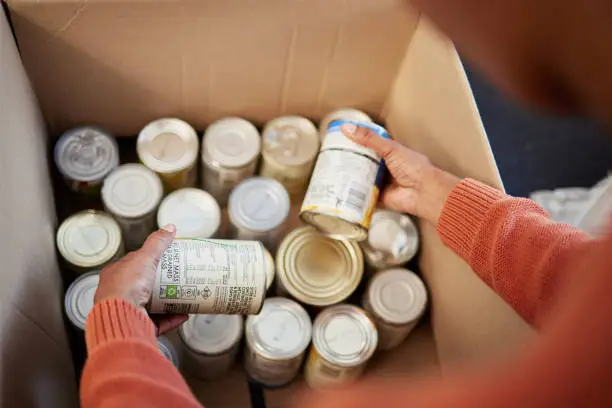
Teneke
- Definition
A tinplate is a steel sheet coated with a thin layer of tin, commonly used in tin can packaging. The process of applying tin to steel makes the material corrosion-resistant and ideal for food packaging.
- Faydalar
Tinplate offers excellent protection against external elements such as light, hava, and moisture, making it perfect for preserving the quality and freshness of food inside canned food tins.
- Kullanım
It’s the most widely used metal for food cans, from vegetables and soups to meats and seafood. Its durability and ability to preserve food for long periods are major reasons why it’s favored.
Alüminyum
- Definition
Aluminum is another popular material used in food packaging, particularly for beverages and lightweight products.
- Faydalar
The aluminum cans are lightweight, resistant to corrosion, ve son derece geri dönüştürülebilir. Though it’s less durable than tinplate, aluminum cans are still effective at preserving the freshness of food and beverages.
- Kullanım
Aluminum is commonly used for beverage cans but can also be found in some food packaging such as ready-to-eat meals or freeze-dried products.
Paslanmaz çelik
Stainless steel is a strong and highly durable metal that’s resistant to rust and corrosion.
- Faydalar
Although not as common as tinplate or aluminum for food packaging, stainless steel is sometimes used in applications where strength and durability are paramount. Its ability to withstand extreme conditions makes it suitable for high-end or industrial applications.
- Kullanım
Stainless steel is typically used for specialized food packaging that requires more robust containers, such as premium-quality food products or bulk food packaging.
What Are the Most Commonly Used Food Packaging Materials?
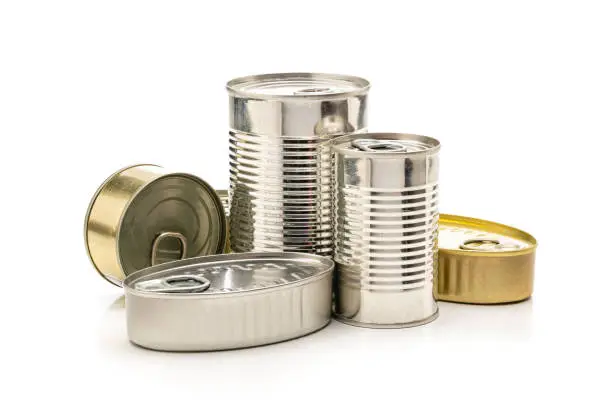
Plastic
- Kullanım
Plastic containers are commonly used for sauces, snacks, ready meals, and frozen foods.
- Faydalar
The plastic is flexible, cost-effective, and available in a variety of shapes and sizes. Fakat, it’s not as durable as metal and may not preserve food as effectively in the long term.
Glass
- Kullanım
Glass jars and containers are commonly used for premium products like jams, sauces, preserves, and pickled goods.
- Faydalar
The glass offers a high level of food protection and is chemically inert, which means it doesn’t leach harmful chemicals into food. Fakat, it’s heavier and more prone to breakage than metal options.
Paperboard and Cardboard
- Kullanım
These materials are commonly used for dry foods such as cereals, crackers, and snack products.
- Faydalar
Paperboard is lightweight, eco-friendly, and recyclable. It’s also a more affordable option compared to other packaging materials.
FANXUN Hakkında
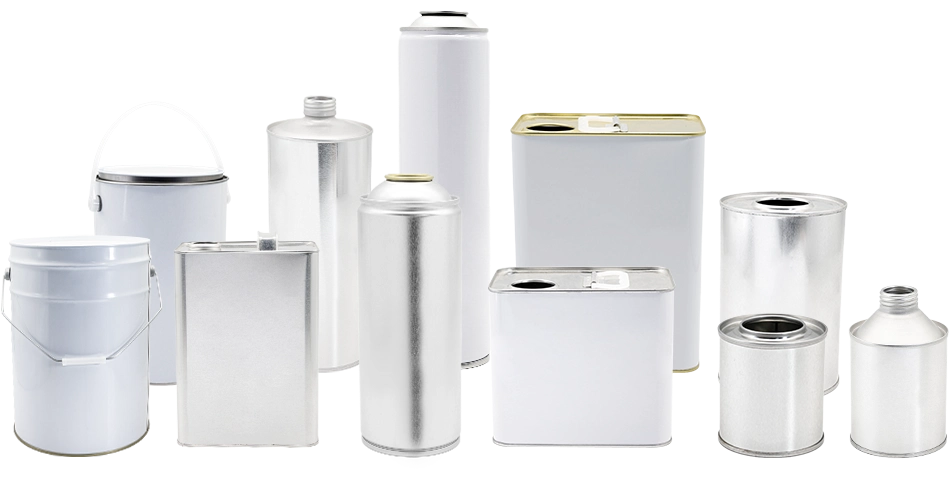
İle 30+ Yıllarca deneyim ve 20 üretim hatları, FANXUN redefines industrial packaging with precision-engineered tin cans and a comprehensive one-stop packaging solution. Büyük bir sipariş veya küçük bir toplu sipariş olsun, tüm taleplerinizi karşılamak için tedarik zinciri ilişkilerini kusursuz bir şekilde entegre ediyoruz.
What we can offer to you
- Marka Farklılaşması
Benzersiz marka kimliğinizi yansıtan teneke kutularla öne çıkın, Teneke kutu rakiplerinizden anında tanınma ve farklılaşmayı sağlama.
- Özel İşlevsellik
Choose sizes, şekiller, ve ürün gereksinimlerinize uygun özellikler, optimum işlevsellik ve kullanıcı deneyimi sağlamak. We can customize and produce samples for you in a short time.
- Captivating Packaging Designs
Görsel açıdan etkileyici ambalajlar oluşturmak için uzman tasarım ekibimizle işbirliği yapın, Tüketicileriniz üzerinde kalıcı bir izlenim bırakmak.
- Esnek Sipariş Miktarları
İş ihtiyaçlarınıza uygun miktarda sipariş verme esnekliğinin keyfini çıkarın, reducing excess inventory, and minimizing waste.
- Yüzyüze Satış Sonrası Destek
Yüz yüze satış sonrası desteğimizle içiniz rahat olsun, herhangi bir sorunun derhal ve etkili bir şekilde çözülmesini sağlamak.
Çözüm
Tin can packaging continues to be one of the most effective and reliable forms of food preservation. Whether it’s canned food tins for vegetables, meats, or specialty items, the durability and ability to preserve food make tinplate a preferred choice.
The food packaging industry continues to evolve, with advancements in materials like aluminum and plastics offering more options for various food types. Fakat, the role of tin can packaging remains indispensable in ensuring that food stays safe, fresh, and ready for consumers.















